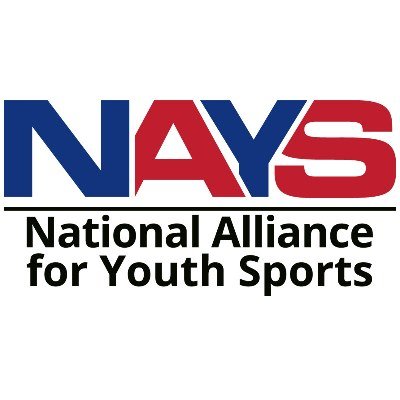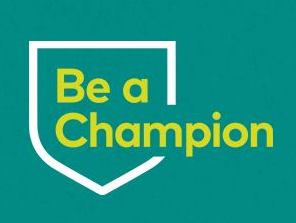What Role Can Youth Activity Leaders Play?
Whether you’re a coach, an art teacher, or a Girl Scout leader, you’re a trusted adult in kids’ lives. The strongest bonds that many middle- and high-school-aged youth have in their lives is with their band director, Scout leader or other youth activity leader.
Youth activity leaders:
You model behaviors for children and families that they may adopt at home, from demonstrating empathy to showing how to provide physical care to boundary setting.
Since you are most likely seen by parents as allies, your feedback or referrals to families may be more likely to be welcomed, not resented.
What Can You Do?
Model respectful behavior and communication – especially when conflicts arise. Your influence can be greater than you know.
The respect the youth in your program have for you makes you a role model. By demonstrating respectful communication, good sportsmanship, and modeling helpful conflict resolution, you can have a life-long impact on children and youth.
Set standards and expectations.
Step in when you see another adult or a youth targeting someone and treating them with disrespect, including racist or sexist language (“you throw like a girl”). Sometimes, it’s more helpful to take a private moment after an incident - but sometimes you may want to make the point publicly that certain behaviors are not acceptable in your program.
Be a resource to families.
Have a good working knowledge of resources for children and youth – at school, in the community, so you can be a source of good information for youth or parents who may need such information. Parenting Now’s resource guide offers a wealth of information on everything from mental health to financial assistance.
Take that extra step.
Encourage your organization to offer a Stewards of Children training on how adults can help protect children from sexual abuse. Learn more about how to respond in a reassuring way when a child discloses abuse to you here.
Connect with family resource centers.
Refer parents to a resource center in their area for extra assistance.
Be more than a leader - be a mentor.
Help kids succeed in all aspects of their life, and be part of their support system off the field or stage as well as on it. Learn how to “mentor youth like a superstar” from Dr. Julie Connor.
Join 5,000 Strong
Join 5,000 Strong, a campaign by Friends of 90by30 to raise funds for and awareness of 90by30’s work. Invite a representative from 90by30 to speak to your organization about how you can make a difference by emailing friends@90by30.com.
Develop policies and procedures with the safety of children and youth in mind.
Many organizations have a policy where no adult is alone with a child in any enclosed or private area. Though it’s true that the media tends to focus attention on the very small percentage of youth leaders who abuse their role as trusted adult instead of focusing on the 99% who care deeply for kids, such policies protect everyone involved.
Many of your organizations already have policies around respectful communication and conflict resolution – and it may make sense to have youth and parents sign off on these policies stating they agree to abide by them.
Utilize local expertise.
Take advantage of area resources, like Centro Latino Americano, Pearl Buck Center, and Safe Families for Children, to train the adults in your program on how to be supportive to all youth, including LGBTQ youth, non-English speaking youth, youth in foster care, and youth with behavioral health or cognitive challenges.
Break isolation.
Take advantage of any opportunity to break the isolation of children or youth that you observe may be too much alone or lonely. You are a source of support, but so are the friendships that you can encourage among children themselves.
Be there for all the kids you care for.
Learn more about how to work with children with disabilities and how to create inclusive environments and enrich activities for children with specific learning needs.
Know your volunteers and employees.
The National Alliance for Youth Sports recommends background checks for all coaches, and many other organizations do the same.
Offer unconditional acceptance of youth.
These tips on improving your relationships with the kids and teens you serve are from a dance magazine, but they apply to leaders of all youth activities.



